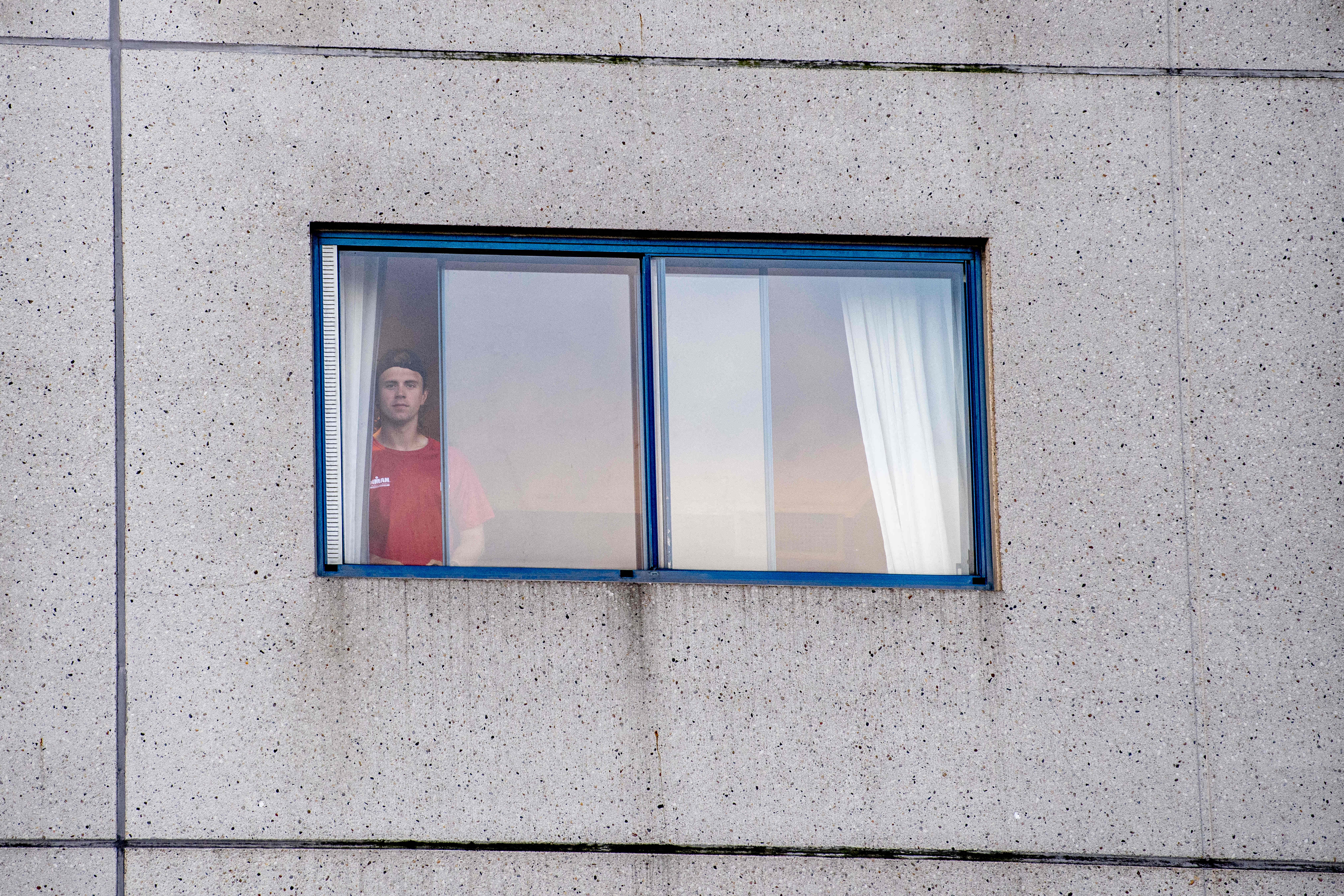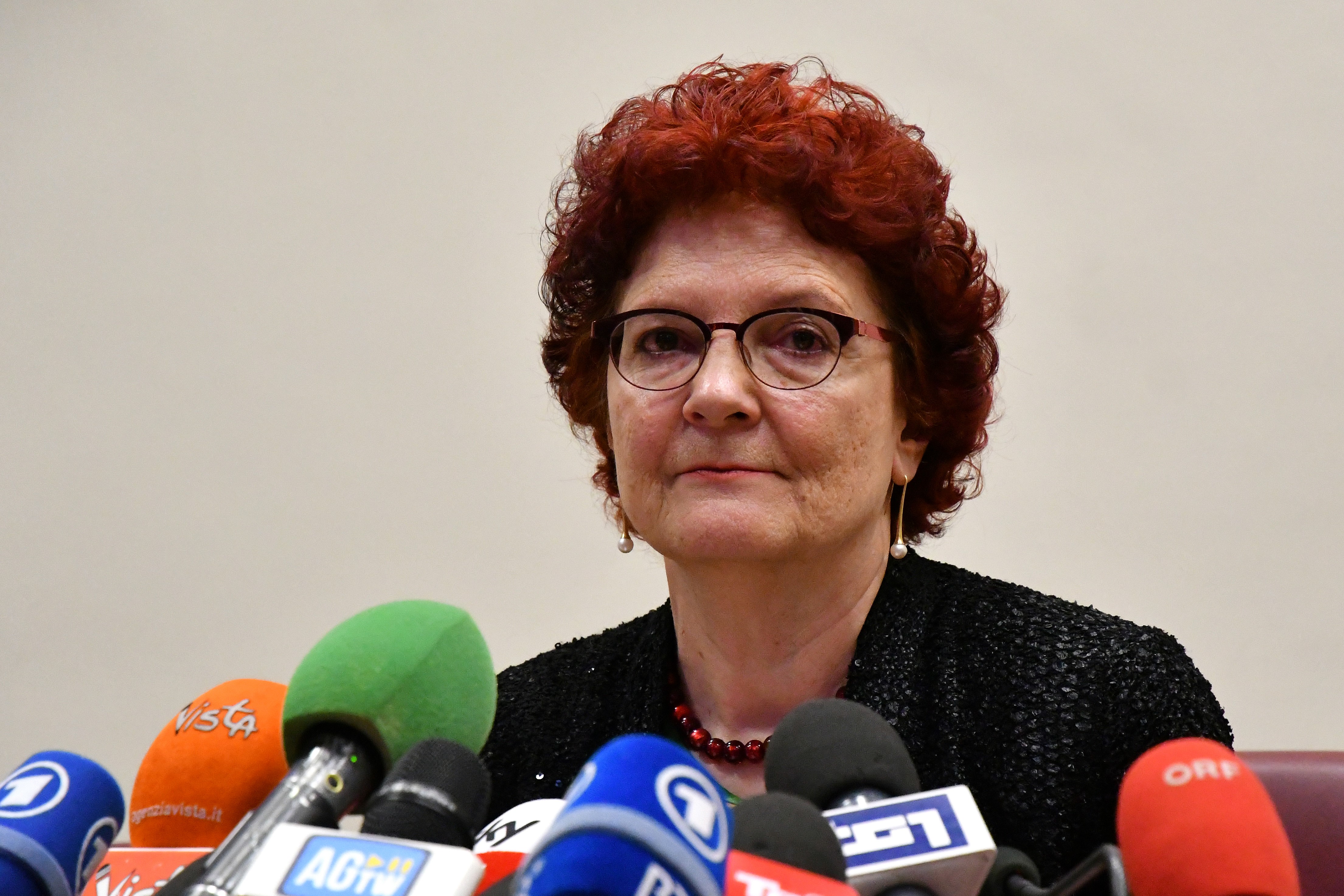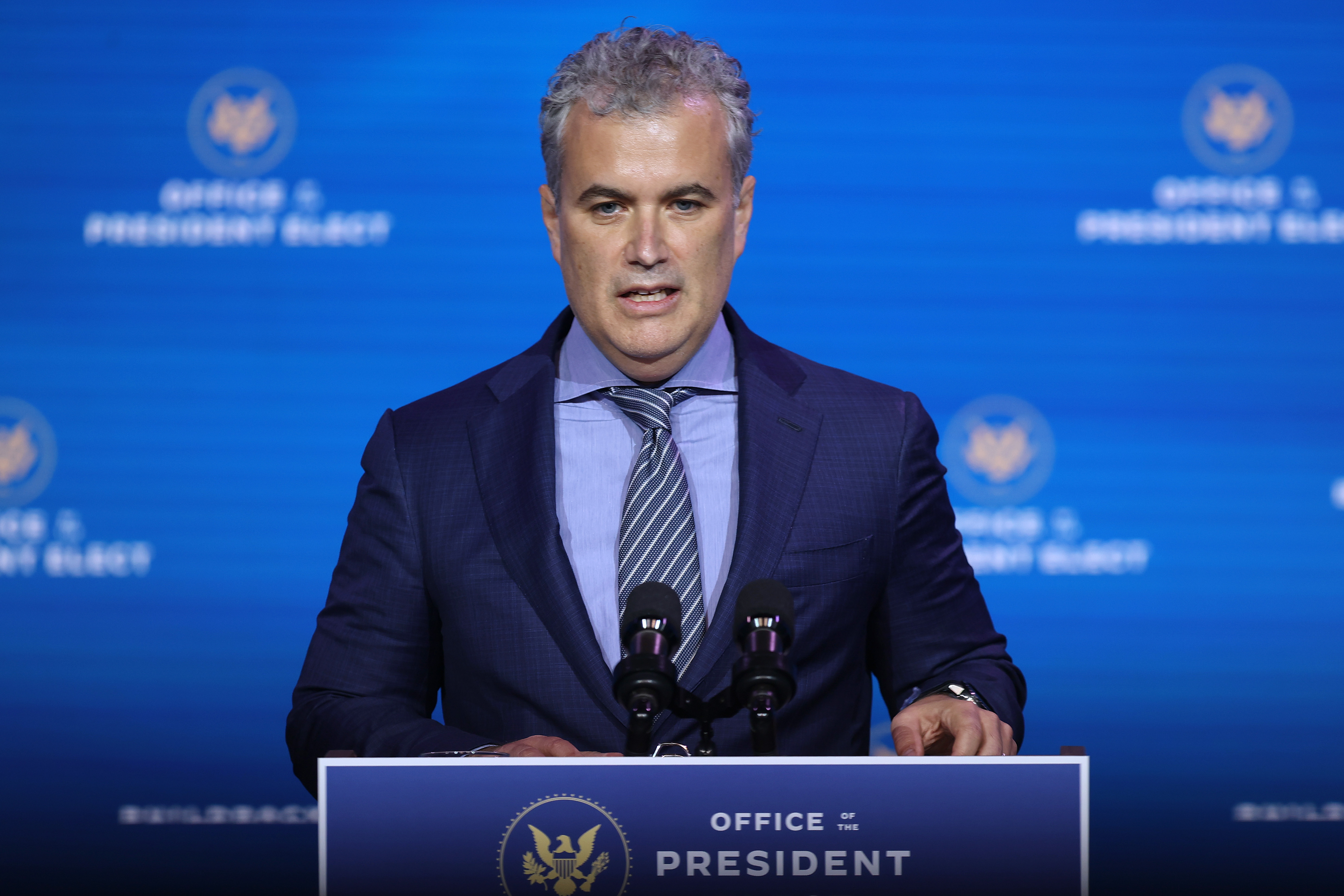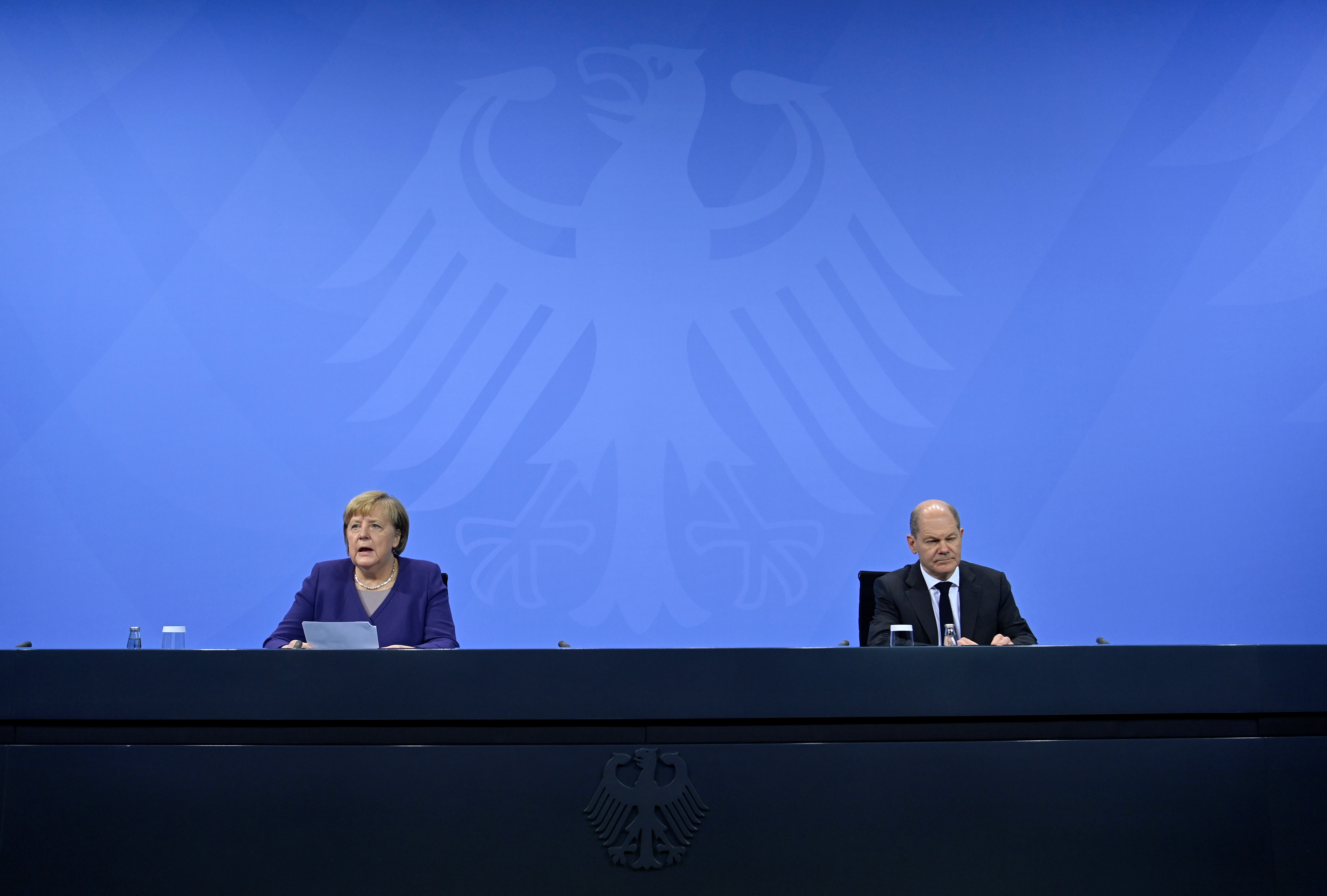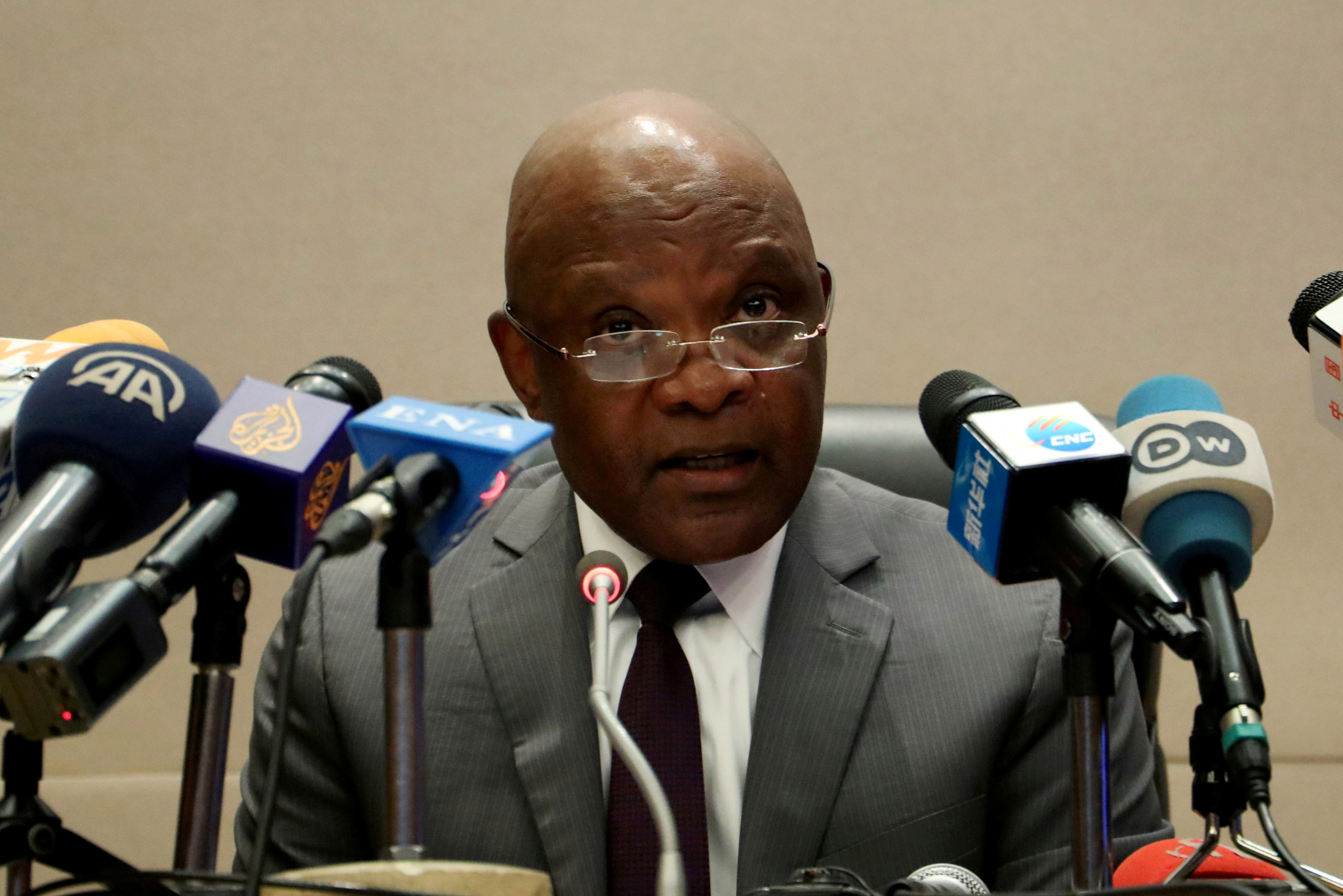The patient with the first confirmed case of the coronavirus Omicron variant in the United States is doing well, San Francisco health officer Dr. Susan Philip told CNN.
“This first individual is doing well,” Philip told CNN’s John Berman on New Day Thursday, adding that there are no signs of further transmission of the virus yet.
“We’re so happy to hear that and they absolutely contributed to our understanding in San Francisco, and nationally, because they came to our attention, they reported their symptoms and they called us at public health so that we could start the laboratory process to detect the first case in the US," she said.
The first confirmed case of the Omicron variant in the US was announced on Wednesday.
Asked about any signs of transmission from the patient, Philip said that they are still in the process of investigation, and that they wanted to notify colleagues at the state level and the US Centers for Disease Control and Prevention, as well as the public, as soon as possible.
“No signs yet,” Philip said, when asked to clarify if there was a sign of transmission or additional cases linked to this one. “And, you know, I think it’s important, as you noted, that this is the first case detected, it almost certainly is not the first case in the US.”
She said that it was still early days, but the steps they’re taking in San Francisco, such as boosting people, continued indoor masking and getting people tested, are key to prevent spread.
